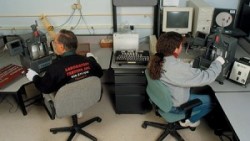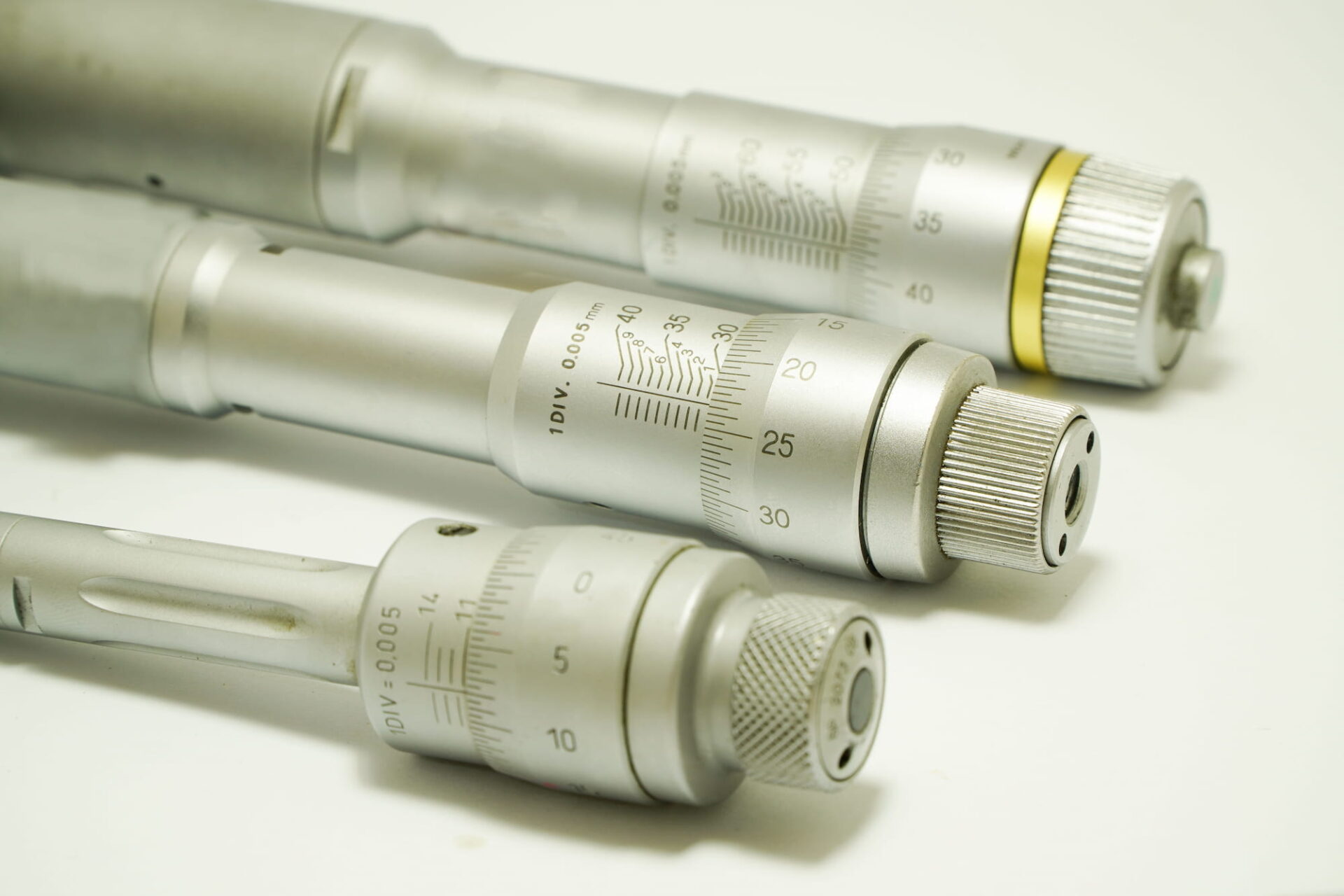Determining Calibration Frequency

The calibration of a measuring tool, instrument, or master compares a measurement reading from the calibrated item with a known value from a reference instrument or standard. Variations between the reading and the known value determine the performance limitations of the tool, instrument, or master.
Inception of Calibration
It is often a good policy to calibrate measuring instruments before their first use; this will establish a measurement history for future reference and comparison. Tracking the calibration history of an instrument and how long it has remained within the specification limits will help make decisions about future calibration frequencies or intervals.
What Goes Into a Calibration Schedule?
Shorter intervals between calibrations may reduce the risk of questionable measurements. When determining the frequency of calibration, consider factors that may affect measurement accuracy:
- Usage patterns of the instrument are the driving factor in calibration: the more regular the usage, the more frequent the calibration.
- Environmental conditions (e.g., humidity, temperature, vibration) where the instrument is stored and used.
- The required uncertainty in measurement.
- Any special requirements of your company’s quality control program may necessitate more frequent calibration.
Laboratory Testing Inc. has its full-service calibration lab called LTI Metrology to keep all of your measuring instruments in optimal condition and performing accurately. Contact us to order new instruments and parts or to schedule calibration services.
Related Articles
Introduction to the ASTM E606 Standard
Low-Cycle Fatigue Testing and the Standards Set Forth by ASTM In the world of engineering, materials are often subjected to…
The Top 5 Consequences of Industrial Operations Not Calibrating Their Equipment
In the fast-paced world of industrial operations, precision is not just a goal—it’s a necessity. Calibration of equipment, a process…
The Benefits of Choosing a Calibration Company that Offers Instrument Replacement and Purchasing Services
In the demanding world of industrial manufacturing and quality assurance, selecting the right calibration partner can significantly impact your operational…
How Small a Defect Can UT Find
Customers often ask LTI how small a defect ultrasonic testing (UT) can find. This question is very difficult to answer…
Ethics in Laboratory Testing
What could be more important than ethics in the world of materials testing? Testing laboratories have an obligation to adhere…
Quality Considerations in Chemical Analysis
A Well-Planned and Managed Quality Control Program When you need chemical analysis services, you expect to receive accurate testing and…
